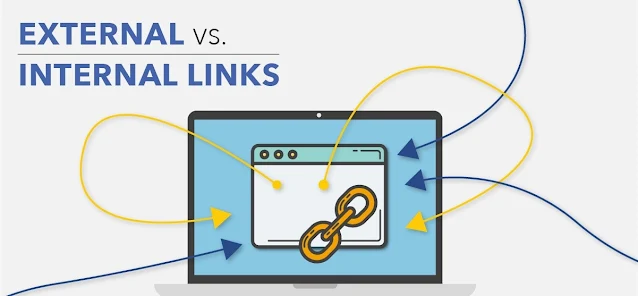
Backlinks are links from one website to another website. They are also known as inbound links, incoming links, or simply links. Backlinks are important for search engine optimization (SEO) because they signal to search engines that other websites consider your content to be valuable and worth linking to.
There are several types of backlinks, including:
Natural backlinks: These are links that other websites give you voluntarily because they think your content is valuable or useful.
Manual backlinks: These are links that you create yourself, such as by commenting on blog posts or forum threads, submitting your website to directories, or exchanging links with other websites.
Editorial backlinks: These are links that you earn because another website has found your content to be valuable and has linked to it without any request or incentive from you.
Contextual backlinks: These are links that are embedded within the content of a webpage, rather than in a separate section like a sidebar or footer.
Do-follow backlinks: These are links that pass on link juice, which is the value or authority that search engines associate with a website. These links are considered valuable for SEO.
No-follow backlinks: These are links that do not pass on link juice, and are typically used for links that are paid or are considered to be of lower quality.
It's important to note that while backlinks can be valuable for SEO, not all backlinks are created equal. High-quality backlinks from authoritative websites are typically more valuable than low-quality backlinks from spammy or irrelevant websites.
Additionally, it's important to focus on creating valuable content that naturally attracts backlinks, rather than relying solely on manual or paid backlink strategies.


